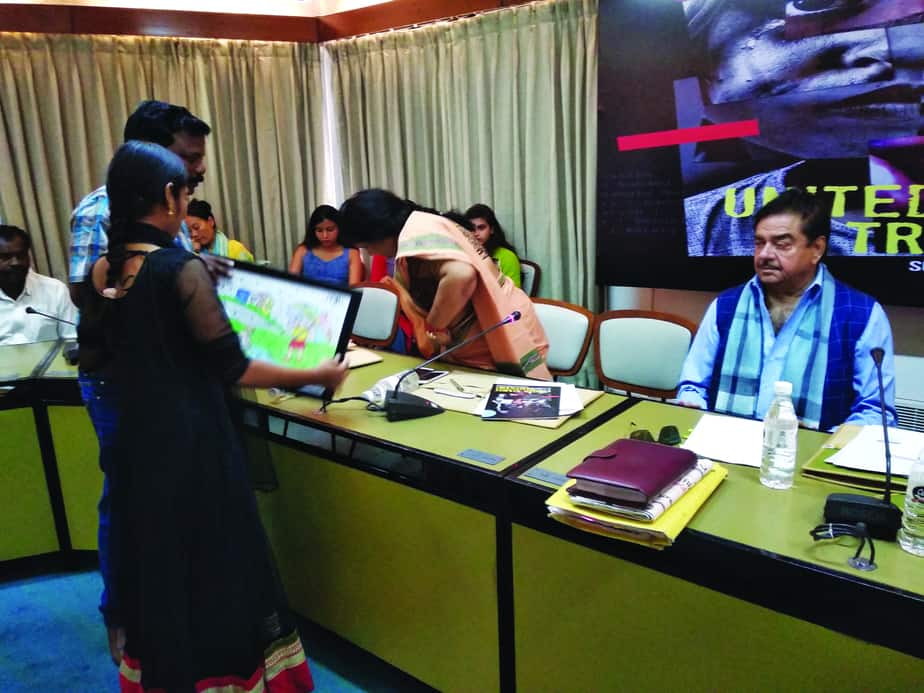
In this day and age when India is claiming its rightful place in the comity of nations as a global power, minor girls are still ‘traded’ for a few thousand rupees.
The case of Arti (name changed) is an eye-opener. She belongs to Guntur district in Andhra Pradesh. She was enticed away from her parents. At 13 years of age when she should have been going to school, she ran away with a boy five years older, infatuated with him and the promises he made of a good life together. An orphan, she was living with the family of his paternal uncles who were extremely poor. She had a childhood of benign neglect and it was not difficult to convince her to elope.
The boy lured her with the expectations of a better life, love and companionship. A few days later, she was sold to a local brothel in Guntur for paltry Rs 15,000. There she stayed for a year.
She narrated her life when she was attending a seminar on Human Trafficking organised by Prayas, a Delhi-based NGO working for child protection and juvenile justice. She was kept in a small dingy room and forced into prostitution without any protection. “It was a choice between death and slow death,” Arti says. She was to be available for service round the clock, many times a day. It was a regular feature that she was woken up in the middle of the night to sleep with inebriated customers. She was not even given a proper meal. She was not given any share from the proceeds of her service. She didn’t even have proper clothes to wear, and evenings were spent shivering in the winters. She was one amongst 20 minor girls there.
During the lean months, she traveled with a pimp to different villages to offer her services, even during her periods. And to entertain the customer, she was made to consume alcohol. And if she ever tried to resist drinking, she was beaten up and burned with cigarette butts. “The brothel owner was leading a luxurious family life while we were denied even fulfillment of basic needs,” she narrates. She escaped only one ordeal that other girls were subjected to: being injected with hormones to hasten their puberty.
As luck would have it, the brothel was raided one night by the local police and she was rescued. This was two years ago; since then, she has been living in a local women’s shelter. She is taking vocational training in making jute products to support herself. Open to the idea of a married life, she is waiting for the rehabilitation fund with which she can start a new life.
Arti was lucky to be rescued. Many are still being exploited. NCRB statistics show that in 2016 more than 80,000 cases of trafficking were reported; some 23,000 women were rescued, out of which 60 percent were minors. There is a need for a stronger legislation to protect girls like Arti. That is why the proposed Trafficking of Person Bill, 2018, is a step in the right direction.
Five quiet corners across Delhi-NCR where February evenings slow the city down, letting breeze, fading…
A solo exhibition by Anjali Mittal exploring emotion, memory and intuition through layered blue-hued paintings
The incident occurred on Saturday near Bakhtawarpur. A senior police officer said a team rushed…
V K Saxena approves 20 per cent reservation, age relaxation, and test exemption for ex-Agniveers…
The fair at Gandhi Darshan brings together emerging and senior artists, showcasing over 200 artworks…
State Names Authority approves renaming of two metro stations and modifies seven others, aligning station…